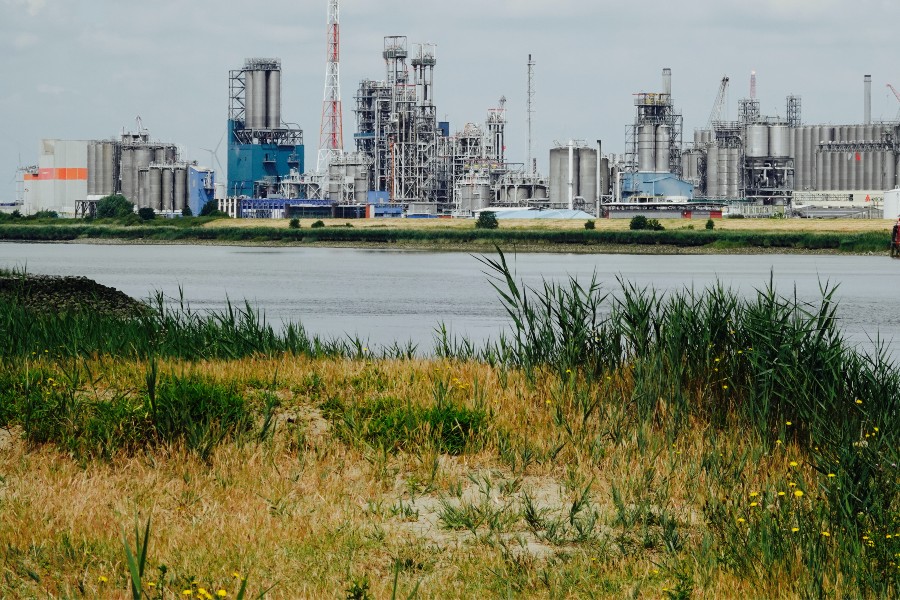
BASF agrees with American gas companies on LNG supplies
By Rhod Mackenzie
From 2026, the largest chemical group in Germany, Europe and the world, BASF SE, will receive 800 thousand tons of liquefied natural gas (LNG) per year from America. Contract with American energy company Cheniere Energy Inc. calculated until 2043. BASF will be one of the first recipients of gas from the Sabine Pass expansion project in Louisiana. Cheniere added 2.4% on the New York Stock Exchange after the deal was announced, while BASF added 2.5% on the Frankfurt Stock Exchange.
Noteworthy is the duration of the contract - 17 years. The signing of such a long-term contract by one of the largest German companies means that attitudes towards long-term gas contracts are beginning to change in Germany. In Europe, including Germany, of course, long-term contracts have been extremely reluctant to sign until recently. Germany is one of the leaders in the transition from fossil fuels to renewable energy. This means that if the so-called green transition schedule is met, so much BASF gas may not be needed in 2043.
American liquefied gas helped Europe in general and Germany in particular last year when the Europeans refused cheap pipeline gas from Russia. In Germany, until February 24, 2022, Russian gas provided more than 50% of gas needs.
"By securing Cheniere's LNG supplies, we are diversifying our supply chain in the midst of a critical structural shift in the European gas market, which has experienced significant gas demand and price volatility," BASF CFO Dirk Elvermann was quoted as saying by Bloomberg.
Deliveries will take place on FOB terms, i.е. delivery of the goods until the moment of loading and the loading itself on board is paid by Cheniere. The prices of the contract are tied to the prices of the main US gas hub - Henry Hub, to which the cost of gas liquefaction is added.
BASF is not the only company to receive gas from the expanded Sabine Pass field. In addition to the German chemical giant, the American company signed long-term LNG supply contracts this year with South Korea's Korea Southern Power Co., Norway's Equinor ASA and China's ENN Energy Holdings Ltd.
For BASF, by the way, according to its official representative, this is the first contract for the supply of liquefied gas. The company currently has no capacity at German LNG terminals and liquefied gas regasification plants; converting it from liquid to gaseous state. It will also need to acquire import rights to supply gas to Europe and charter gas carriers to deliver it across the Atlantic. BASF, by the way, has petrochemical plants in the USA, mainly in Texas and Louisiana, that is, in addition to liquefied gas, it also buys American pipeline gas.
This article orginally appeared in Russian at expert.ru
